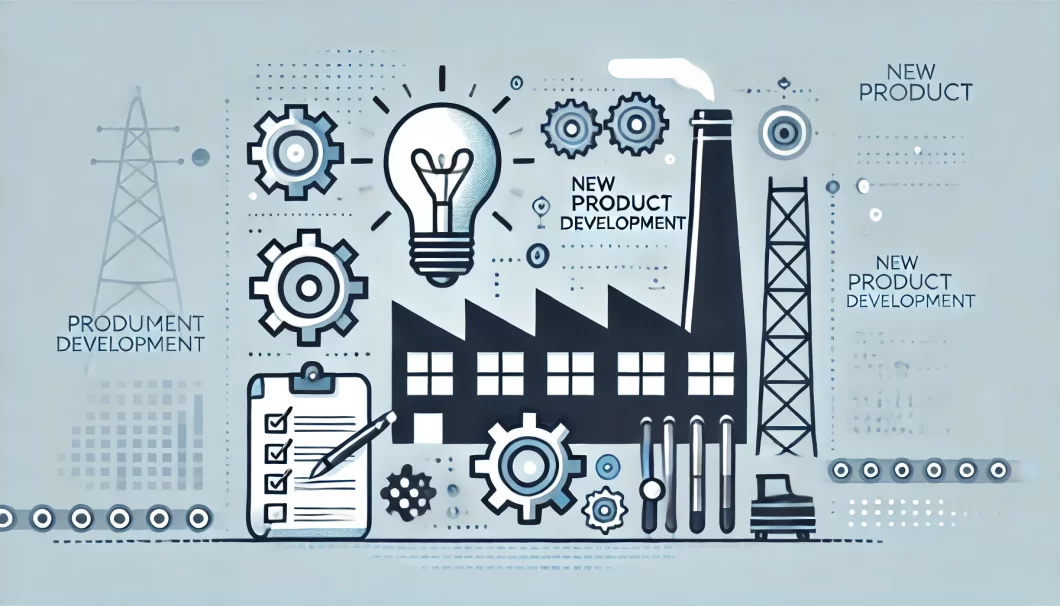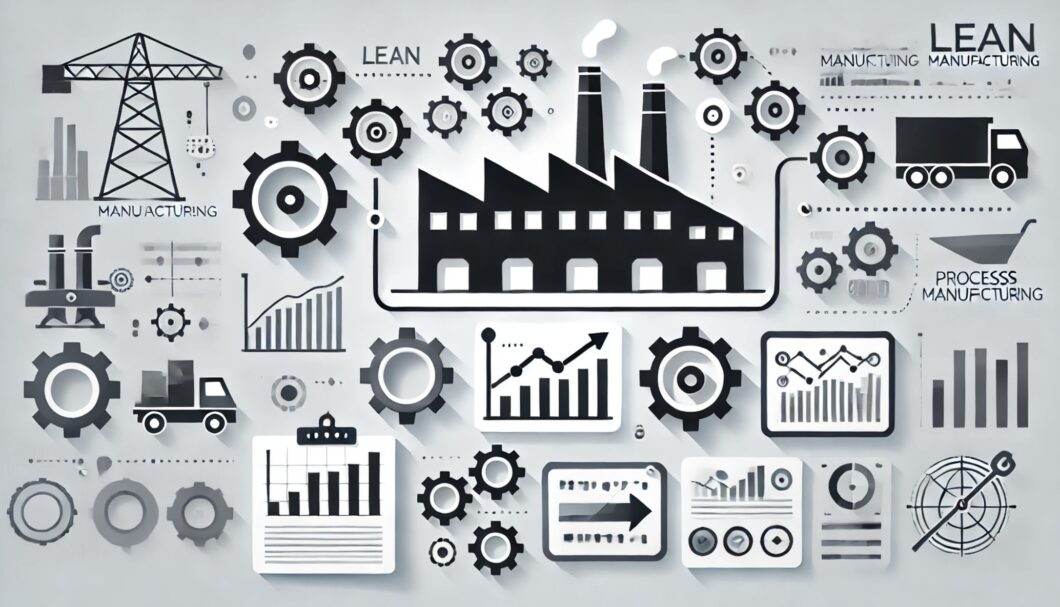Leverage artificial intelligence to enhance product development, reduce time to market, and optimize design processes in industrial manufacturing.
Overview
As a Director of New Product Development, you are responsible for driving innovation, optimizing design processes, and reducing development cycles while ensuring quality and cost efficiency. AI is transforming product development by enabling predictive analytics, generative design, and automated prototyping, allowing companies to accelerate innovation and make data-driven decisions.
Accelerate time to market with AI-driven design simulations and automated testing, reducing development cycles and optimizing product iterations before manufacturing.
Enhance design efficiency with AI-powered generative design, using machine learning to explore multiple design alternatives and find the most efficient, cost-effective solutions.
Improve product quality and reliability by leveraging AI to analyze historical data, predict failure points, and optimize material selection for durability and performance.
Reduce costs and optimize resources by integrating AI in supply chain forecasting, ensuring that material sourcing and production planning align with market demand.
Stay ahead in a competitive landscape by using AI to monitor market trends, customer preferences, and competitor strategies, allowing for proactive innovation and smarter product decisions.


